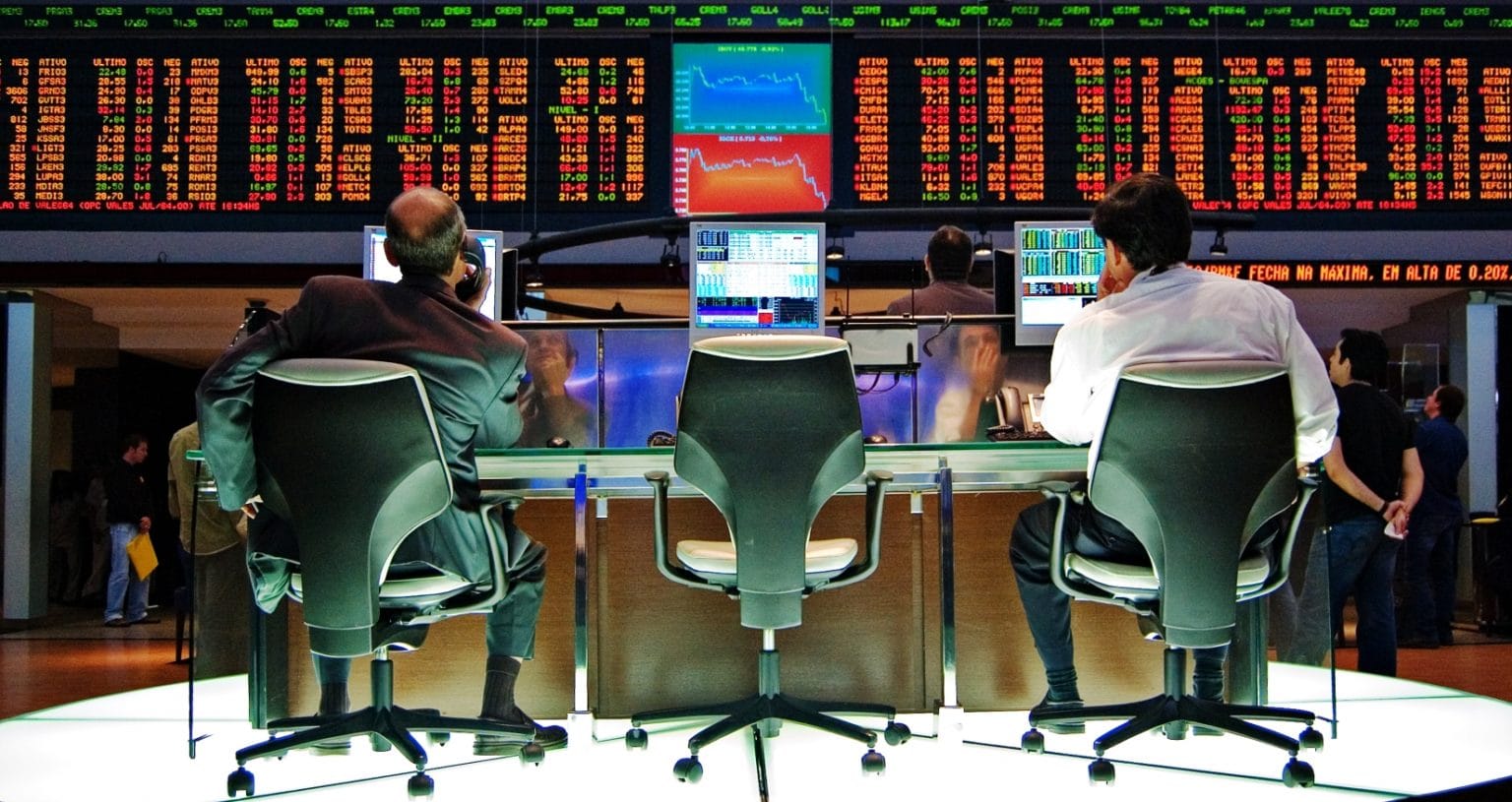An average $2.5 trillion (£1.76trn) of the world’s financial assets would be at risk from climate change impacts if global temperatures are left to increase by 2.5°C by 2100, warns a new study by the Grantham Research Institute on Climate Change and the Environment at the London School of Economics.
The study, published today in the journal Nature Climate Change, is the first of its kind to produce a comprehensive estimate of the total value at risk from climate change impacts. So far most of the attention has focused on the risk of climate change to fossil fuel companies.
Under the Paris climate deal, nations have agreed to limit global warming to “well below” 2°C from pre-industrial levels. However, under business as usual emissions are set to increase global average temperatures by approximately 2.5°C.
The study estimates that the value at risk would be “significantly reduced” if countries are successful in limiting warming to 2°C by the end of the century. This would see an average $1.7 trillion (£1.2trn) in financial assets at risk compared to the more dangerous 2.5°C climate change scenario.
Even when factoring in the costs of reducing greenhouse gas emissions in an effort to limit warming to 2°C the study finds that global financial assets are set to be worth $315 billion (£221bn) more than under a business as usual scenario.
Put simply, financial assets are worth more in a world that pays to tackle climate change effectively.
“Our results may surprise investors, but they will not surprise many economists working on climate change,” said lead author, Professor Simon Dietz, “because economic models have over the past few years been generating increasingly pessimistic estimates of the impacts of global warming on future economic growth.”
However, due to the uncertainties in estimating the ‘climate value at risk’ the report finds there is a 1 percent chance that warming of 2.5°C could threaten almost 17 percent of all global financial assets worth $24 trillion ($16.8trn).
Limiting warming to 2°C would see a 1 percent chance that $13.2 trillion (£9.28trn) of the world’s financial assets are put at risk from climate impacts.
“It is important to remember there are huge uncertainties and difficulties in performing economic modelling of climate change,” Dietz noted, “so this [study] should be seen as the first word on the topic, not the last.”
As the study argues, it is important to understand the impact of climate change on asset values because “the possibility that climate change will reduce the long-term returns on investments makes it a matter of fiduciary duty towards fund beneficiaries.”
This is why, for example, many have been advocating for institutional investors such as pension funds to disclose their climate risk and divest from fossil fuel companies.
However, “levels of awareness about climate change remain low in the financial sector as a whole” the report states.
It argues that “for their part, financial regulators need to ensure that financial institutions such as banks are resilient to shocks, hence their growing interest in the possibility of a climate-generated shock.”
As Dietz said: “Our research illustrates the risks of climate change to investment returns in the long run and shows why it should be an important issue for all long-term investors, such as pension funds, as well as financial regulators concerned about the potential for asset-price corrections due to an awareness of climate risks.”
Photo: WIkimedia Commons
Subscribe to our newsletter
Stay up to date with DeSmog news and alerts






